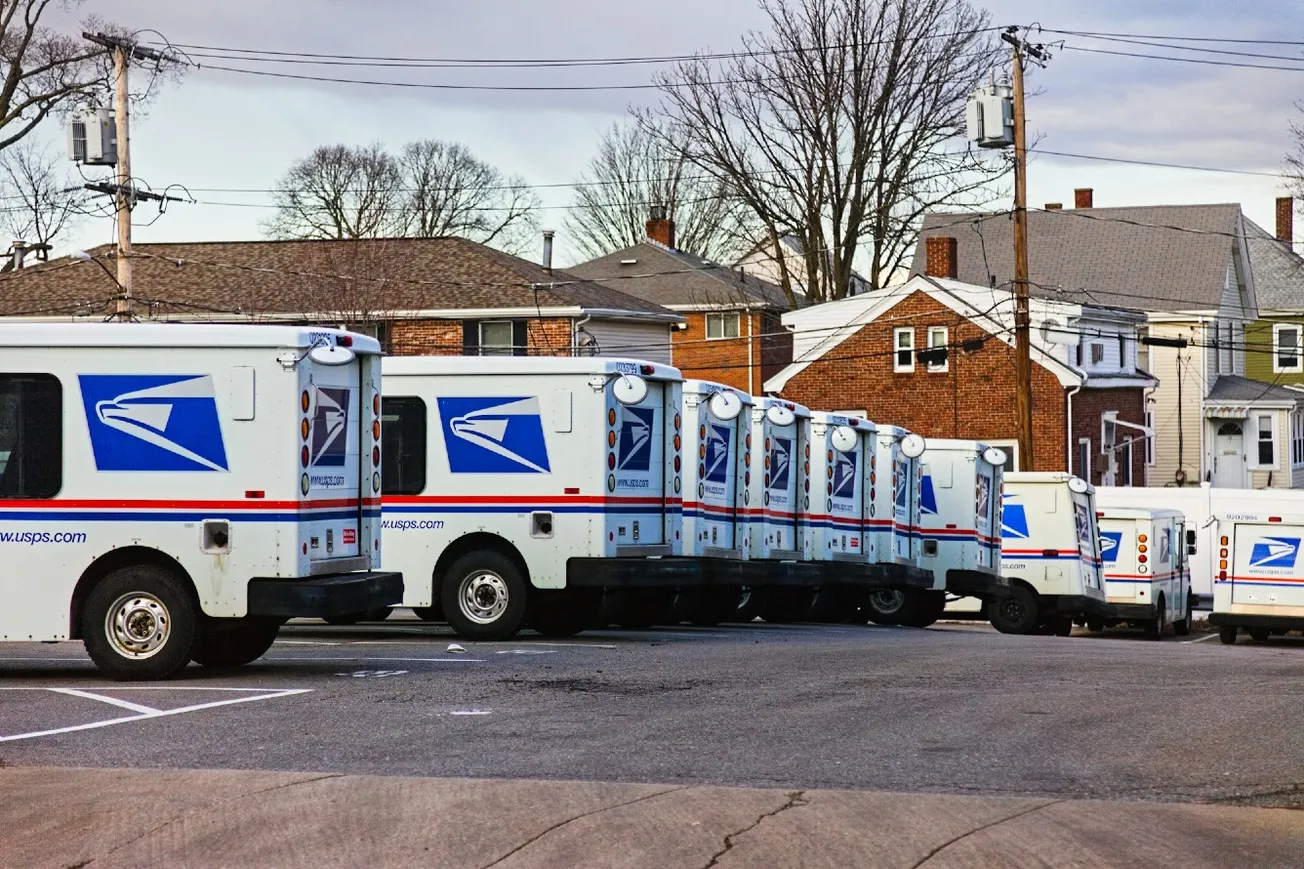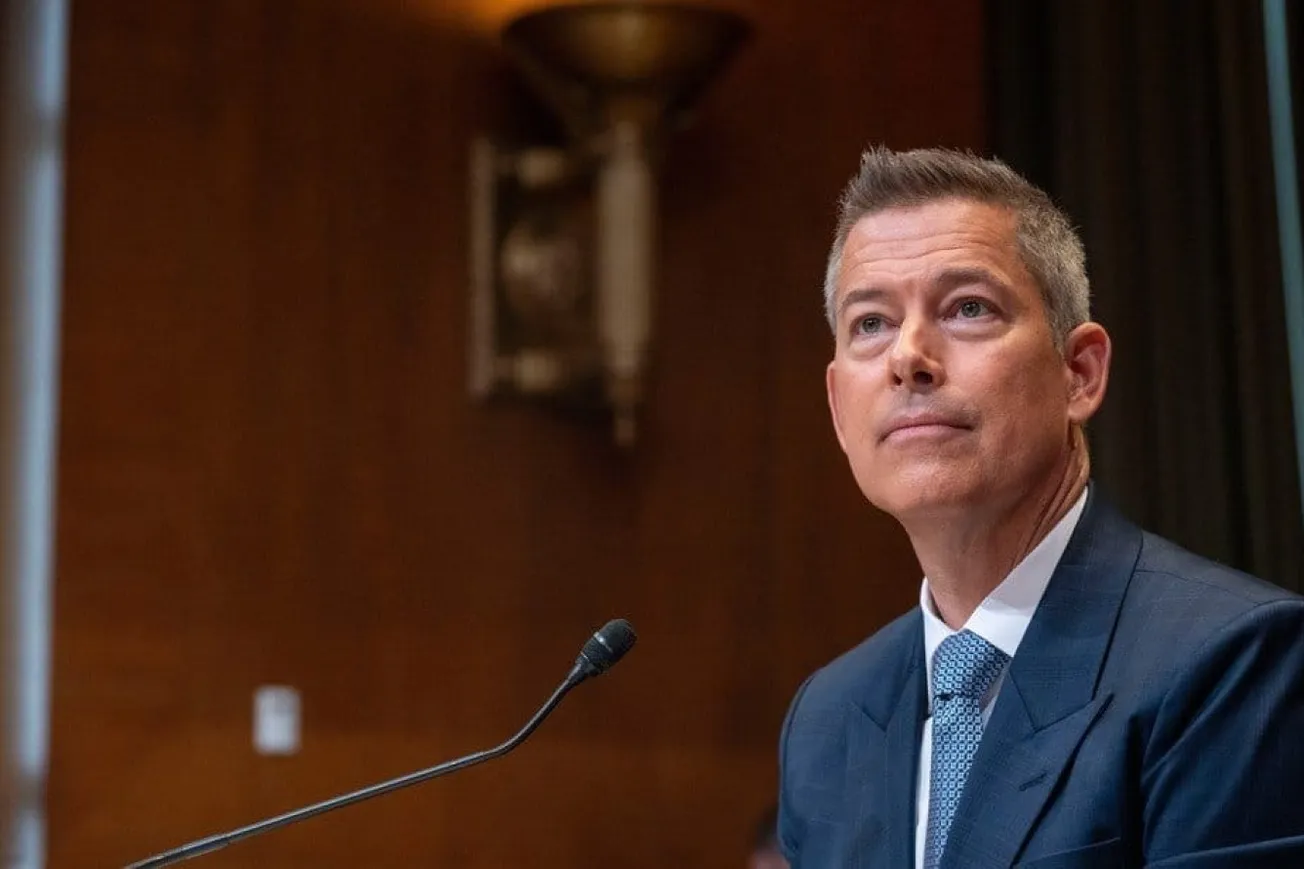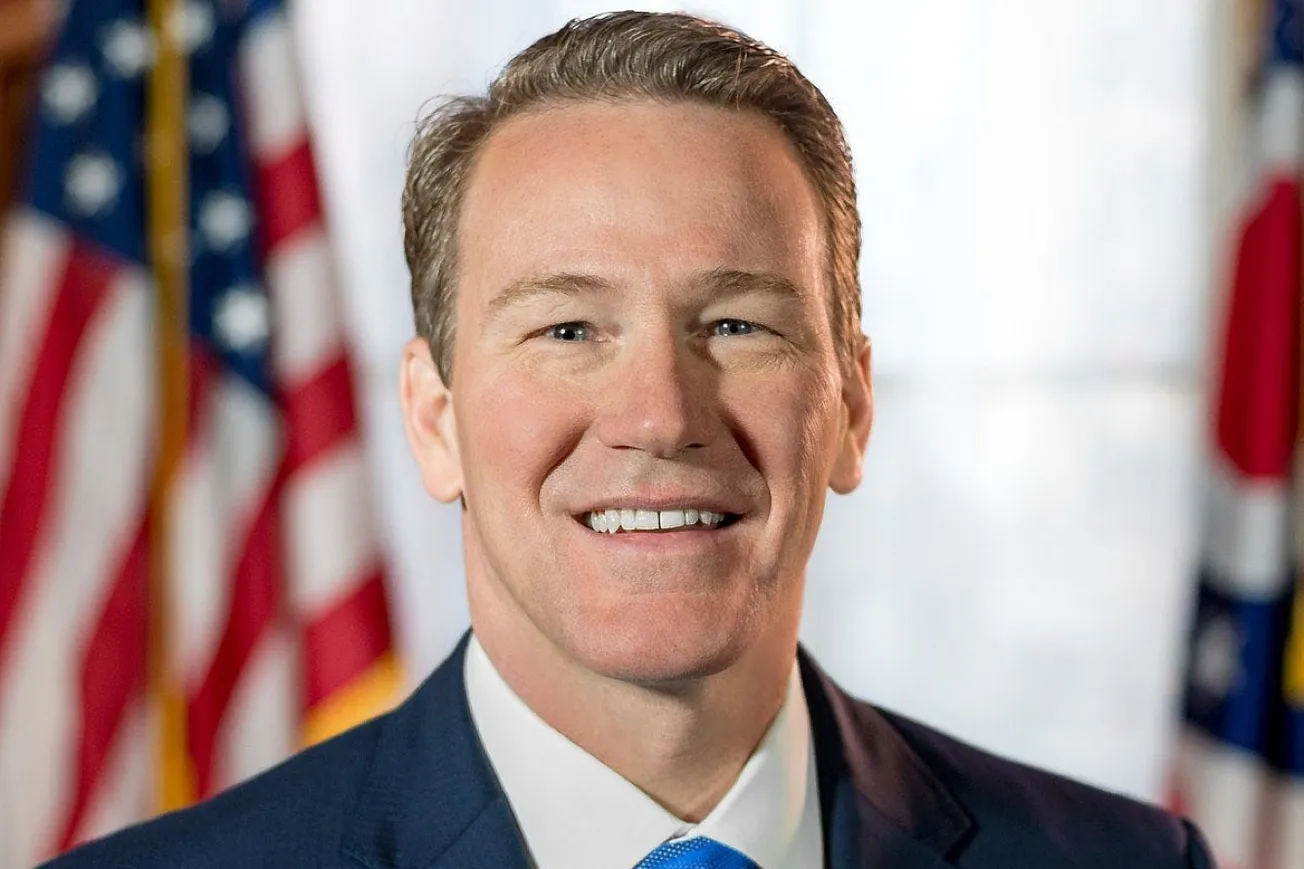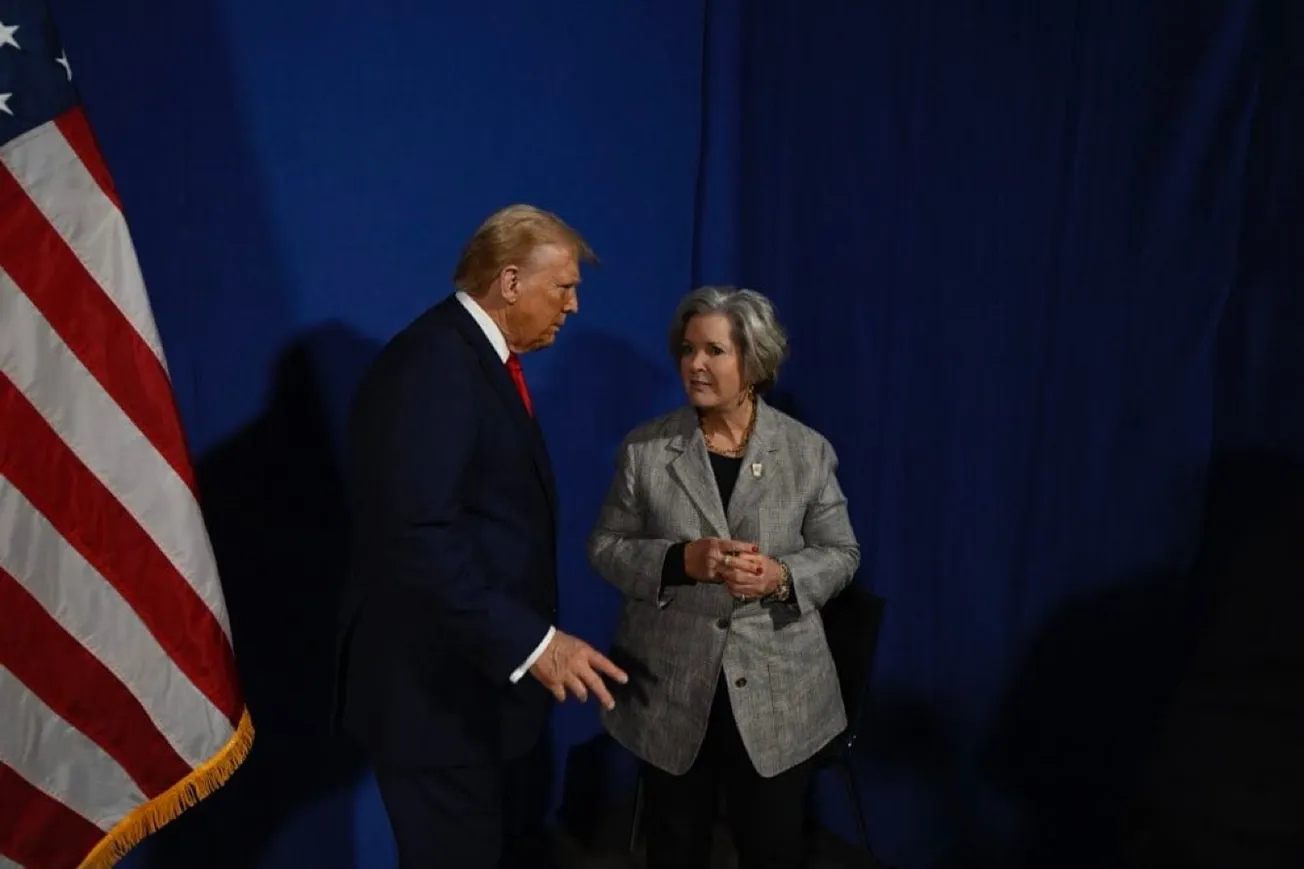By David Williams via Issues & Insights | December 24, 2024
The United States Postal Service is bleeding red ink. America’s mail carrier lost an astounding $9.5 billion in fiscal 2024 and expects to lose an additional $60 billion to $70 billion by 2030. It certainly hasn’t helped that the agency is spending $9.6 billion on a vehicle procurement plan that includes 66,000 electric vehicles. These vehicles are two to three times more expensive than their conventional counterparts, but that has somehow not deterred the USPS. Agency leadership has even convinced Congress to spend $3 billion of taxpayer money on this nonsensical “deal.”
Fortunately, USPS EVs may not be long for the roads. According to a report by Reuters’ Jarrett Renshaw and Alexandra Ulmer, incoming President Donald Trump, “is considering canceling the U.S. Postal Service’s contracts to electrify its delivery fleet, as part of a broader suite of executive orders targeting electric vehicles.” If the new administration could find a way to lawfully liberate taxpayers from this contract, savings would be significant and the USPS could avoid further taxpayer bailouts. The president-elect must steer clear of this battery-powered boondoggle at all costs.
The USPS has barely begun its ill-advised electric boogaloo, and there is already trouble in paradise. According to a July 2024 report by the inspector general, the agency has already, “experienced nationwide charging infrastructure delays. The 29 [planned charging] sites were delayed by an average 219 days compared to its June 2023 baseline schedule.”
USPS blamed various factors ranging from the weather to coordination with utilities. However, officials have only themselves to blame. As the IG notes, “they did not factor in these foreseeable issues when scheduling, follow schedule management best practices to establish an informed baseline, or use an overarching project management system. Such a system would provide the Postal Service automated tools to collect, analyze, and use information to meet its objectives.”
These challenges only skim the surface. An IG report from March 2022 runs through different scenarios on agency EV use with detailed cost and mileage assumptions and finds that, under a wide range of cases, EV adoption would not be good for postal finances. According to the report, an EV fleet would be more expensive than conventional trucks assuming, “an average delivery route length of 24 miles per day, and 301 operating days per year.”
The key here is that EVs are approximately 11% more expensive up-front than their conventional counterparts, with cost recoupment possible down the road via reduced energy and maintenance costs. Down-the-road costs are discounted by interest rates, reflecting the common, reasonable assumption among regulators and financial analysts that a dollar held today is worth more than a dollar held tomorrow.
Even these assumptions may be too generous to electric vehicles. On page seven of the report, the IG states, “[e]lectric vehicles are generally more mechanically reliable than gas-powered vehicles and would require less scheduled maintenance and reduced maintenance costs.” But, according to an in-depth analysis by analytical firm We Predict, “in a three-month time frame, EV service costs were 2.3 times higher than a gasoline-powered car. At 12 months, EV service costs were still 1.6 times higher. We Predict found service-related costs averaged $306 per electric vehicle, while a gas-powered car averaged $189.”
Therefore, the assumption that EVs have fewer moving parts and therefore cost less post-purchase may not necessarily be true.
No matter which way the numbers are crunched, the underlying math behind EVs just isn’t that good for the USPS or taxpayers. The Trump administration and agency leadership should look beyond this failed procurement policy and shift gears to more reliable and conventional vehicles. By rejecting costly truck purchases, the USPS can finally get back into the black.
David Williams is the president of the Taxpayers Protection Alliance.
Original article link









